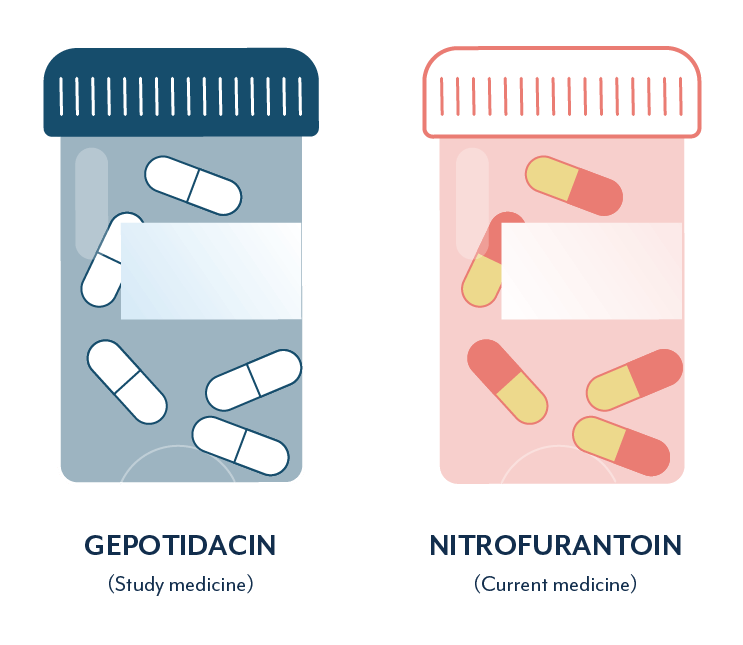UTI Clinical Trials and Other Research Opportunities
UTI research is crucial and everyone in our community can help. We connect community members with:
- Clinical trials for new UTI medications and prevention methods
- Scientific research that will help improve the understanding of recurrent and chronic UTI
- Online patient surveys aimed at learning more about the patient experience
- Patient interviews to deeply explore how recurrent and chronic UTI impact quality of life
Some research opportunities are paid, and all of them help the broader community. Sign up below to receive invitations to participate.
UTI Research You Can Join In Texas
Dr. Philippe Zimmern is currently recruiting for three different UTI studies:
1. Genitourinary Microbiome Study in Women – see study information here
2. Hiprex Study – see study information here
3. D-mannose Study – see more study information here
All volunteers will be screened for eligibility before entering any of the studies. Enrolled participants will be compensated for any research visits during the study.
How can you get involved?
Learn more about the studies by reading the flyers at the links above. The study coordinator, Melissa Ramos, is available at the number listed on the flyers: 214-645-8787.
– THIS STUDY IS NOW CLOSED –
Clinical Trial For A New Investigational UTI Antibiotic – For Females Aged 12 Years Or Older Who Experience UTI
Who Can Join The Study?
The study is looking for US-based participants who match the following criteria:
- Female participants aged 12 years or older, who:
- Are not pregnant;
- Have no known anatomical abnormalities within the urinary tract; and
- Have experienced signs and symptoms of a urinary tract infection in the last 96 hours
Those who experience recurrent or chronic urinary tract infection with episodic symptoms (with symptom-free days between UTI episodes) and who are not currently experiencing symptoms may still be eligible for the study during a future episode of UTI symptoms. Additional information can be found below.
All volunteers will be screened for eligibility before entering the study. To find out whether you qualify, and how to join the study, read more below.
How To Join The UTI Study
This study has now closed. Keep an eye on this page for new study announcements.
Learn More About The Study
The potential new UTI antibiotic being studied is called gepotidacin. The study will assess the safety of this new investigational medicine, and how it compares to current UTI treatment.
In order to do this, gepotidacin will be compared to nitrofurantoin, an antibiotic that is commonly used to treat UTI.

Gepotidacin has been studied in people in other clinical trials, but is currently not approved by the United States Food and Drug Administration (FDA) for use in people with bladder infections. It is therefore considered experimental. Nitrofurantoin is approved by the FDA for the treatment of UTI.
Each study participant will be placed at random into a study treatment group to receive either gepotidacin or nitrofurantoin. Neither the participant nor the doctor will know which treatment is provided. This is to make sure the results of each group being studied are handled in the same way.
The healthcare company GlaxoSmithKline (also called “GSK”) is sponsoring this study, which is one of two similar studies referred to as the EAGLE Studies. GSK discovers and makes vaccines, medicines, and other health products. They pay the study doctor and study research sites to run this study.